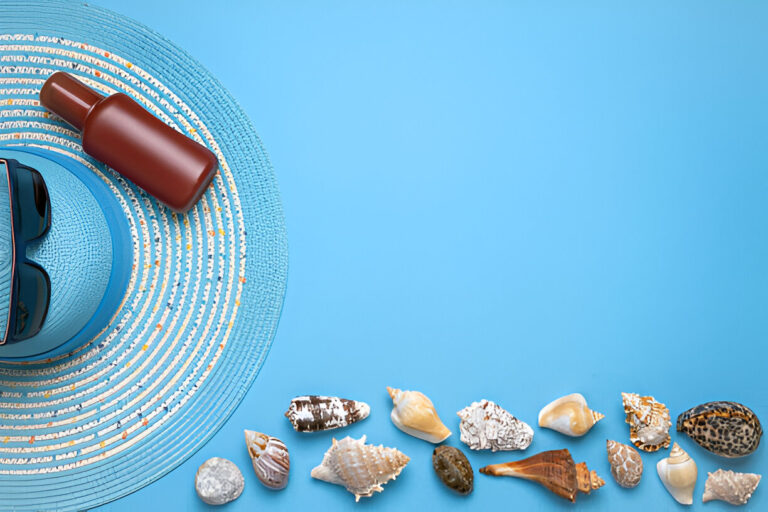As interest in health and wellness continues to surge, many are discovering the potential benefits of incorporating marine collagen into their daily routines. Derived from the skin and scales of fish, marine collagen is renowned for its role in promoting skin elasticity, joint health, and overall vitality. But with a plethora of options available on the market, choosing the best marine collagen for your needs can be a daunting task. This guide aims to provide you with essential information to help you make an informed decision.
Understanding Marine Collagen
Marine collagen is a type of protein that provides the building blocks for skin, bones, and joints. It is primarily composed of Type I collagen, which is the most abundant collagen in the human body and known for its structural support capabilities. Unlike bovine or porcine collagen, marine collagen is sourced from fish, making it a suitable option for those with dietary restrictions or looking for more sustainable options.
Consider the Source and Purity
When selecting a marine collagen supplement, it is crucial to consider the source of the fish. Sustainable sourcing from wild-caught fish or responsibly farmed fisheries is ideal. Higher quality products often provide transparency about their sourcing practices, which is a good indicator of reliability. Additionally, check if the product has been tested for purity to ensure it is free of heavy metals or contaminants.
Hydrolysed vs. Non-Hydrolysed
The terms “hydrolysed” and “non-hydrolysed” refer to the collagen’s form. Hydrolysed collagen has undergone a process that breaks down the protein into smaller molecules, making it easier for the body to absorb. For most people, hydrolysed marine collagen is a preferable choice due to its bioavailability.
Consider Your Dietary Preferences
Those following specific dietary regimes will be pleased to know that marine collagen is typically pescatarian-friendly and free from common allergens. However, it’s always advisable to check the product label for any additional ingredients such as flavourings or preservatives that might not align with your needs.
Checking for Certifications
Given the rapidly growing supplement market, certifications can be a reassuring sign of quality. Look for products certified by third-party organisations, which can offer added verification of purity, quality, and ethical standards.
Taste and Usability
While marine collagen is generally tasteless, some products come flavoured or mixed with other ingredients, which could enhance or detract from your experience. Opt for a product that fits best with your lifestyle, whether that’s a simple, unflavoured powder that can be mixed into drinks or food, or a flavoured option for easy consumption.
Read Reviews and Testimonials
One of the best ways to gauge the effectiveness of a marine collagen product is by reading reviews and testimonials from fellow users. While personal experiences can vary, these can offer valuable insights into how a product works in real-world scenarios and might help you set realistic expectations.
Consider Product Formulation
In addition to pure marine collagen, some products include extra nutrients such as vitamin C, hyaluronic acid, or other compounds designed to boost the formula’s efficacy. If multiple benefits are what you’re after, these formulations might be worth considering.
Conclusion
The decision to incorporate marine collagen into your health regimen is a personal one, and choosing the right product involves considering various factors like source, purity, form, and additional ingredients. Armed with this knowledge, you are better equipped to navigate the market and find a marine collagen supplement that aligns with your health goals and dietary needs. Remember, as always with supplements, it’s wise to consult with a healthcare provider to determine what’s best for your individual circumstances.


